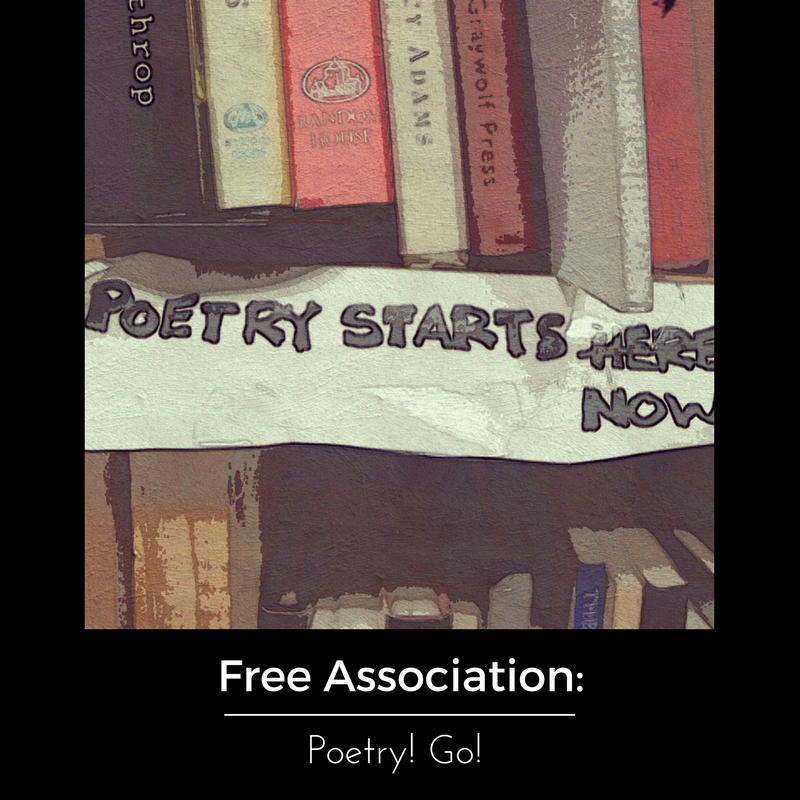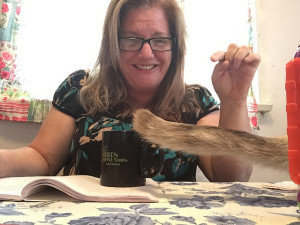
When you see or hear “poetry”: what springs to your mind first? Read this essay to relate to poetry in a useful, reflective way.
I subscribe to a variety of writing websites, read writing instructional books regularly and attempt, always, to be at the forefront of thought around writing so that I may serve my students and workshop participants and coaching clients as well as I possibly can.
I also make it no secret that I am a poet and an actor.
Today I was reading one of my subscriptions, saw this and literally gasped aloud:
“Reading poetry often bothers people. Sometimes poetry feels lofty and pretentious and seems to say, “I know something you don’t know,” which is obnoxious, like an older sister taunting us.”
I was mortified.
“Reading poetry BOTHERS people? How can that be?!” I found myself taking this assertion personally. “How dare they think such a thing! They are missing the fabulousness that is poetry and anyone knows…” and then I thought back to the years when I wrote poetry and neglected to read poetry.
It is sort of like being a selfish-all-about-me person who enjoys other people’s company as long as the focus is solely on what they like and what they want and the conversation revolves around them.
Poetry isn’t like that. At. All. If poetry is a one way “I just write poetry” or “I abstain from all poetry” you are missing out on a huge area of growth as not only a writer or creative, you are shutting yourself off from the sheer pleasure of word play that comes with it.
What if a poem was an invitation?
My father was one of those who didn’t like poetry because he couldn’t “figure it out” and then I wrote a sonnet about hearing my grandather’s voice in a train whistle.
Suddenly poetry – according to my father especially poetry written by me – was enjoyable and easy to understand.
Let’s take a moment to free associatie – I will share three lines of poetry, one at a time.
When you read a line, jot notes of how you connect with those words.
“We have the town we call home wakening for dawn which isn’t here yet but is promised.”
Philip Levine
Make associations – what words do you connect with here? What do you see in your mind’s eye from this one line of poetry?
“The grass never sleeps”
Mary Oliver
Associations, please.
“I saw you in a dream last night –
Quiet and pale, but still my handsome cousin.”
Dana Gioia
Associate (Do you have a handsome cousin?)
“Time for gardening again; for poetry”
Margaret Atwood
More associations – play!
I just pulled random collections of poetry from my shelves, opened them, and wrote the first lines I saw. I didn’t have to hunt for inviting word sections or the easier to understand lines or the ‘dumbed down” versions.
See, what I love about poetry is the simplicity I find there, the purity and the relationship between me and the words and by association the poet. Three of the poets I chose are currently living, breathing this same air I breathe, standing on the same ground I stand upon albeit in different spaces. Phillip Levine died in 2015 in Fresno, California not far from where I live in Bakersfield. Have you been to Fresno? The most unpretentious people you have ever met live there.
Dana Gioia and I had a conversation in December but I doubt he remembers me. I became a fourteen-year-old girl holding a copy of a fan magazine when I spoke to him. Giddy, with rapid speech, nervous about my choice of outfit and wishing I had taken more time with my appearance when we spoke. He is the current poety laureate of the state of California and the word craft in his poetry makes me swoon.
There is a new television show starting based on one of Margaret Atwood’s books.
Mary Oliver is a Pulitzer Prize winner.
Philip Levine is also a Pultizer Prize Winner who chose to focus on the working class in his poetry and the place of his birth, Detroit, was one of his central inspirations.
I went back to the article that started this train of thought and discovered a shift there, as well.
“If we keep reading, poetry often moves us in ways a paragraph can’t. It requires a compression of language and meaning, tucked inside precise words that create concrete images. Poets, with a wink and a wry smile, trust us to read well.” Joe Bunting, TheWritePractice.com
Share in the comments what words you free associate with POETRY. Whatever you think or feel, let it drip onto the comments here. This is going to be fun. Let’s read your thoughts now –

Coming Up: 30 Days of Writing Passionately
Julie Jordan Scott inspires people to experience artistic rebirth via her programs, playshops, books, performances and simply being herself out in the world. She is a writer, creative life coach, speaker, performance poet, Mommy-extraordinaire and mixed media artist whose Writing Camps and Writing Playgrounds permanently transform people’s creative lives. Watch for the announcement of new programs coming in soon!
To contact Julie to schedule a Writing or Creative Life Coaching Session, call or text her at 661.444.2735.
Check out the links in the margins above to follow her on a bunch of different social media channels, especially if you find the idea of a Word-Love Party bus particularly enticing.